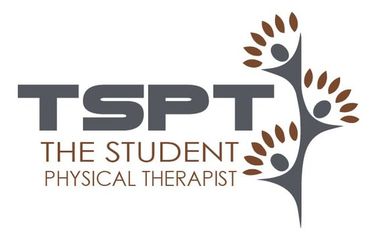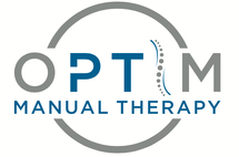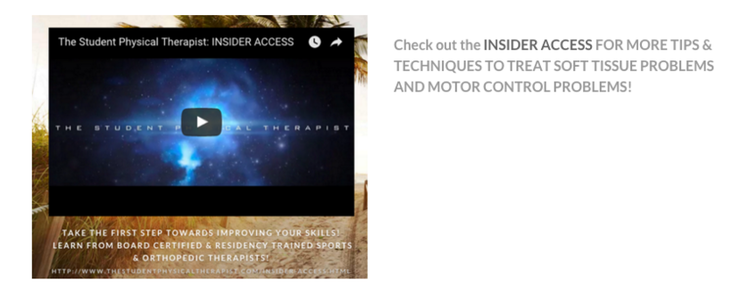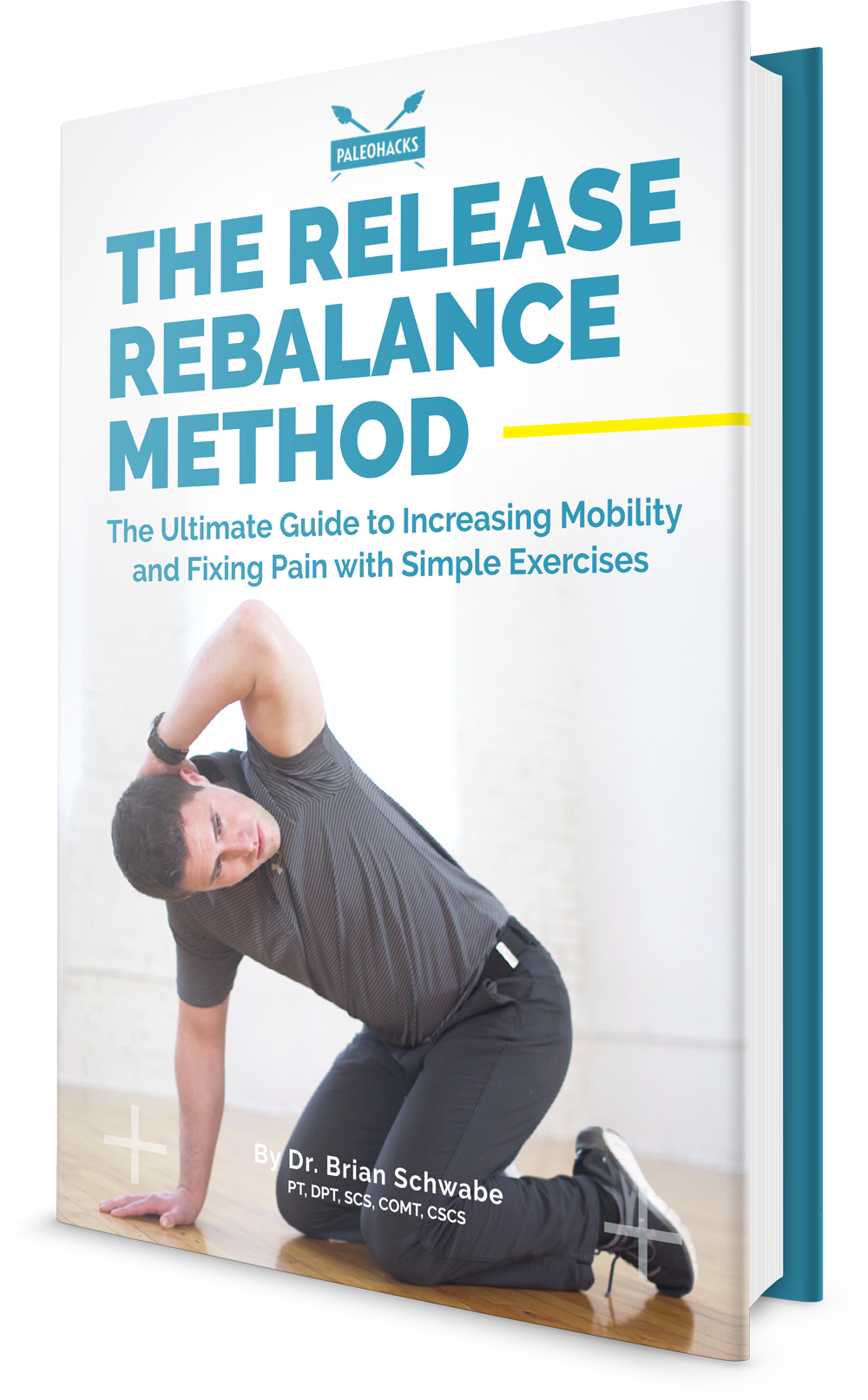- Home
- About Us
- TSPT Academy
- Online Courses
-
Resources
- Newsletter
- Business Minded Sports Physio Podcast
- Day in the Life of a Sports PT
- Residency Corner
-
Special Tests
>
-
Cervical Spine
>
- Alar Ligament Test
- Bakody's Sign
- Cervical Distraction Test
- Cervical Rotation Lateral Flexion Test
- Craniocervical Flexion Test (CCFT)
- Deep Neck Flexor Endurance Test
- Posterior-Anterior Segmental Mobility
- Segmental Mobility
- Sharp-Purser Test
- Spurling's Maneuver
- Transverse Ligament Test
- ULNT - Median
- ULNT - Radial
- ULNT - Ulnar
- Vertebral Artery Test
- Thoracic Spine >
-
Lumbar Spine/Sacroiliac Joint
>
- Active Sit-Up Test
- Alternate Gillet Test
- Crossed Straight Leg Raise Test
- Extensor Endurance Test
- FABER Test
- Fortin's Sign
- Gaenslen Test
- Gillet Test
- Gower's Sign
- Lumbar Quadrant Test
- POSH Test
- Posteroanterior Mobility
- Prone Knee Bend Test
- Prone Instability Test
- Resisted Abduction Test
- Sacral Clearing Test
- Seated Forward Flexion Test
- SIJ Compression/Distraction Test
- Slump Test
- Sphinx Test
- Spine Rotators & Multifidus Test
- Squish Test
- Standing Forward Flexion Test
- Straight Leg Raise Test
- Supine to Long Sit Test
-
Shoulder
>
- Active Compression Test
- Anterior Apprehension
- Biceps Load Test II
- Drop Arm Sign
- External Rotation Lag Sign
- Hawkins-Kennedy Impingement Sign
- Horizontal Adduction Test
- Internal Rotation Lag Sign
- Jobe Test
- Ludington's Test
- Neer Test
- Painful Arc Sign
- Pronated Load Test
- Resisted Supination External Rotation Test
- Speed's Test
- Posterior Apprehension
- Sulcus Sign
- Thoracic Outlet Tests >
- Yergason's Test
- Elbow >
- Wrist/Hand >
- Hip >
- Knee >
- Foot/Ankle >
-
Cervical Spine
>
- I want Financial Freedom
- I want Professional Growth
- I want Clinical Mastery
|
Congratulations to all the new physical therapists out there! With the NPTE complete and a horde of new physical therapists searching for the ideal job, one of the most highly sought aspect in a job is mentoring. New grad physical therapists want the opportunity to quickly improve in their new jobs. They want the assistance of those more experienced than them. The problem is most people don't understand what quality mentoring really is. Companies will talk about offering mentoring, but turn around and either never implement it or group it in with occasional journal review or discussion with a colleague. Unfortunately, this may seem like a bonus in many positions due to a history of less than ideal clinical instruction as a student. It's all perspective. Regardless, either the lack of mentoring at all or quality mentoring can lead to the development of poorly designed clinical practice habits. We try A and hope for B. We take a random course that teaches a new tool (dry needling, manipulation, IASTM, etc.) and somehow that develops a pattern of decision making. While we likely see some improved results with these new treatment techniques, we fail to grasp the true understanding of why some patients get better and why some don't. So what is quality mentoring? Those of you familiar with a residency experience likely already have had ideal mentoring. One-on-one with a mentor working on each aspect of case. While that is incredible, it is not exactly necessary. Someone can have a great mentoring experience from a phone call or email if the right components are included. The treatment typically is one of the less important things that should be discussed. The focus should be on the clinical decision making. Why we ask certain questions. Why we assess certain joints and muscles. Why we might choose an exercise or manual technique. It is through these "why's" that we improve our reasoning. Have you ever stopped and asked why you are giving your patient's a certain exercise or doing a certain manual technique? It is easy to fall into the habit of "oh knee pain? I should do some scraping with a tool." Each decision should be supported with a reason. One method of assessing the effectiveness of your intervention is using an asterisk sign. Assess something, treat and reassess. That way you know how successful you were and if you are on the right track. The difficult part is finding these opportunities. Most likely, many of the positions you will interview at will lack the resources for quality mentoring. There are several methods to reach out to potential mentors. One is online or phone. Colleagues can be used for case discussion or philosophy of treatment. There are also clinicians out there who offer some of their time (for a price) specifically for mentoring, like Dr. E at Modern Manual Therapy. Additionally, you can enroll in a program, like a certification series or fellowship that incorporates clinical reasoning development and mentoring. As I said before, a con-ed course where you simply learn a new treatment style does not typically focus on clinical decision making. You want to look for a program that looks to change your practice patterns. One that holds you accountable. Each decision and question should have a reason and it helps to have an experienced clinician guide you there so that you can find your way independently in the future. -Dr. Chris Fox, PT, DPT, OCS
1 Comment
7/16/2023 08:59:16 am
Dr. Marshall Goldsmith's remarkable achievements speak volumes about his expertise and influence in the field of leadership and management. As the #1 Leadership Thinker and a top 5 Management Thinker in 2015, he has earned recognition as one of the most influential business thinkers globally. With over 35 books, including two New York Times bestsellers, Dr. Goldsmith's work has resonated with millions, transcending language barriers and borders. His forthcoming book, "Triggers: Creating Behavior that Lasts – Becoming the Person You Want to Be," promises to be another insightful addition to his impactful body of work.
Reply
Leave a Reply. |
Dr. Brian Schwabe's NEW Book in partner with PaleoHacks!
Learn residency-level content on our
Insider Access pages We value quality PT education & CEU's. Click the MedBridge logo below for TSPT savings!Archives
July 2019
Categories
All
|









 RSS Feed
RSS Feed